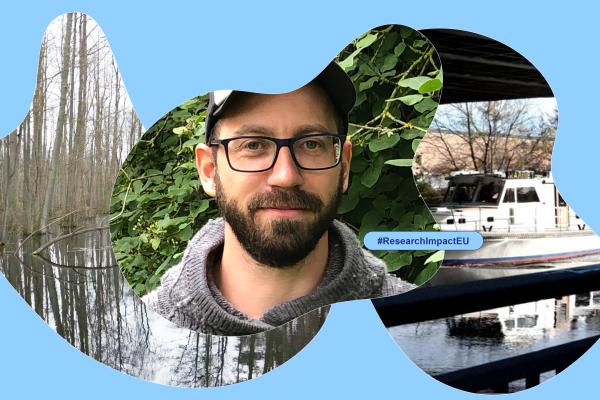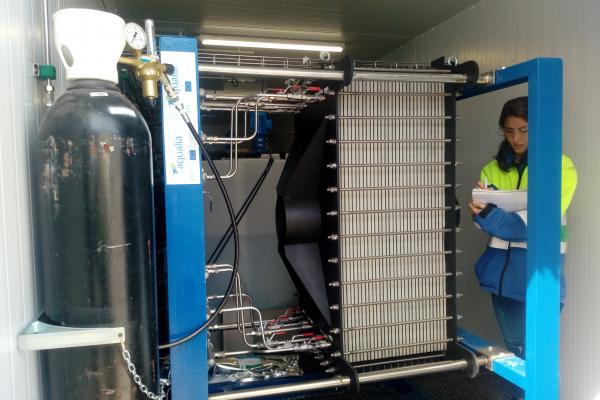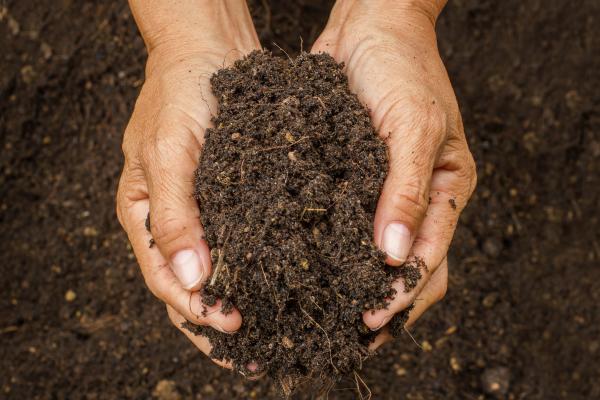European researchers and industry are putting insects to work – from termites that destroy wooden buildings to insect larvae that are star ‘poop’ composters. Packaging, cosmetics, pharmaceuticals and…
Desalination is the answer to long-term water security, but it’s also expensive and energy-intensive. The good news is that scientists are developing some viable solutions.
By enhancing soil’s ability to store carbon, the ground we walk on could play an essential role in keeping carbon dioxide out of the air.
If we want to transition to a greener, healthier and more climate resilient Europe, it is important to ensure our soils are in good condition. However, the quality of soils is worsening because of…
When we think about limited resources in agriculture, water is normally the first that springs to mind. The bad news is that just like water, soil is a finite resource that is fast deteriorating as a…
Healthy soil is something most of us take for granted, but it is crucial for life. As one of our most vital resources, we depend upon it for the food we eat, the textiles we wear and the wood we use…
This month’s Horizon Magazine takes a look beneath our feet at the fascinating world of soils, a critical resource that is often overlooked, in every sense of the word. We speak to soil science…
As natural climate archives, the deposits found in caves can play an important role in our ability to understand – and predict – climate change.
As climate change warms the world, we increasingly need to find ways to efficiently cool our buildings – whilst also lowering our emissions to attempt to halt the temperature rise as much as possible…
Potato-sized clumps of metal at the bottom of the deepest oceans might aid our fight against climate change, but mining these could also damage a world we know very little about.














